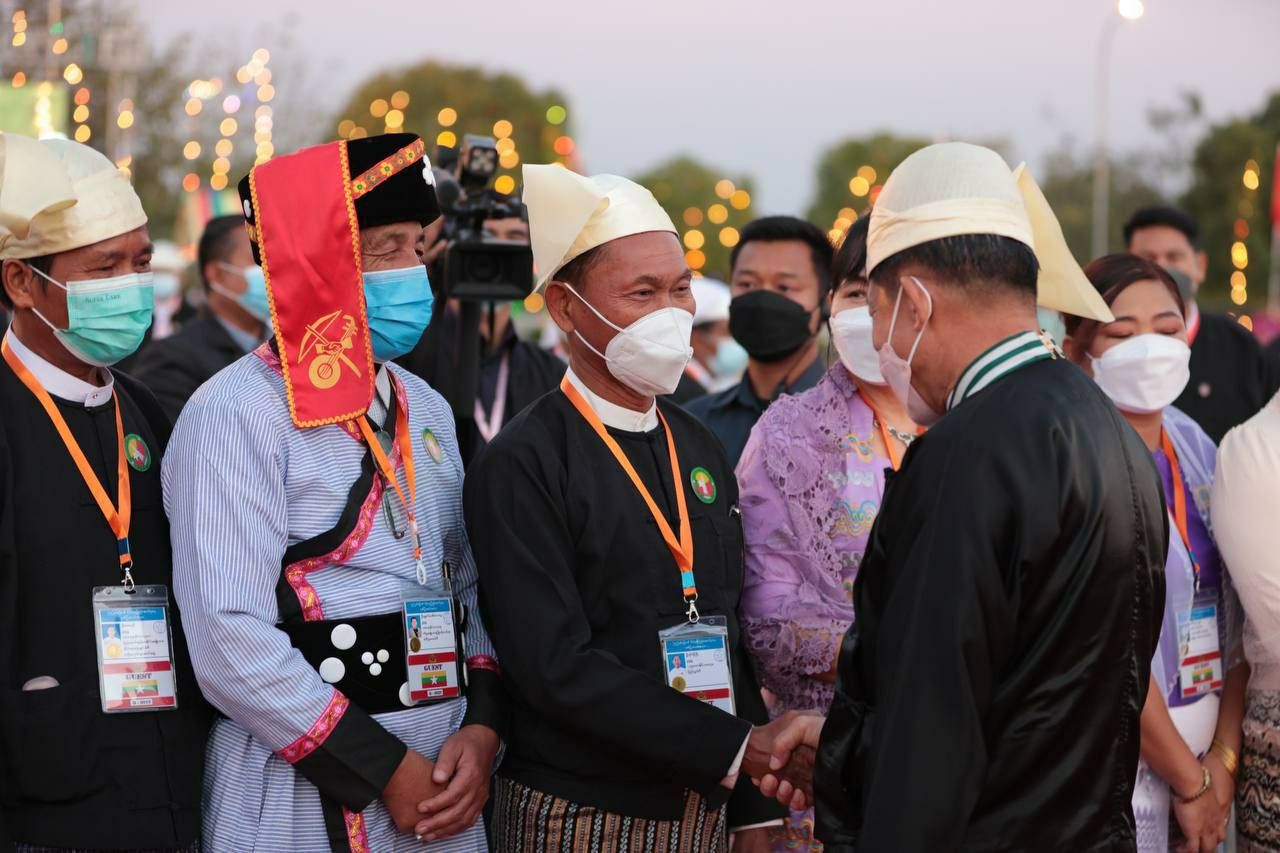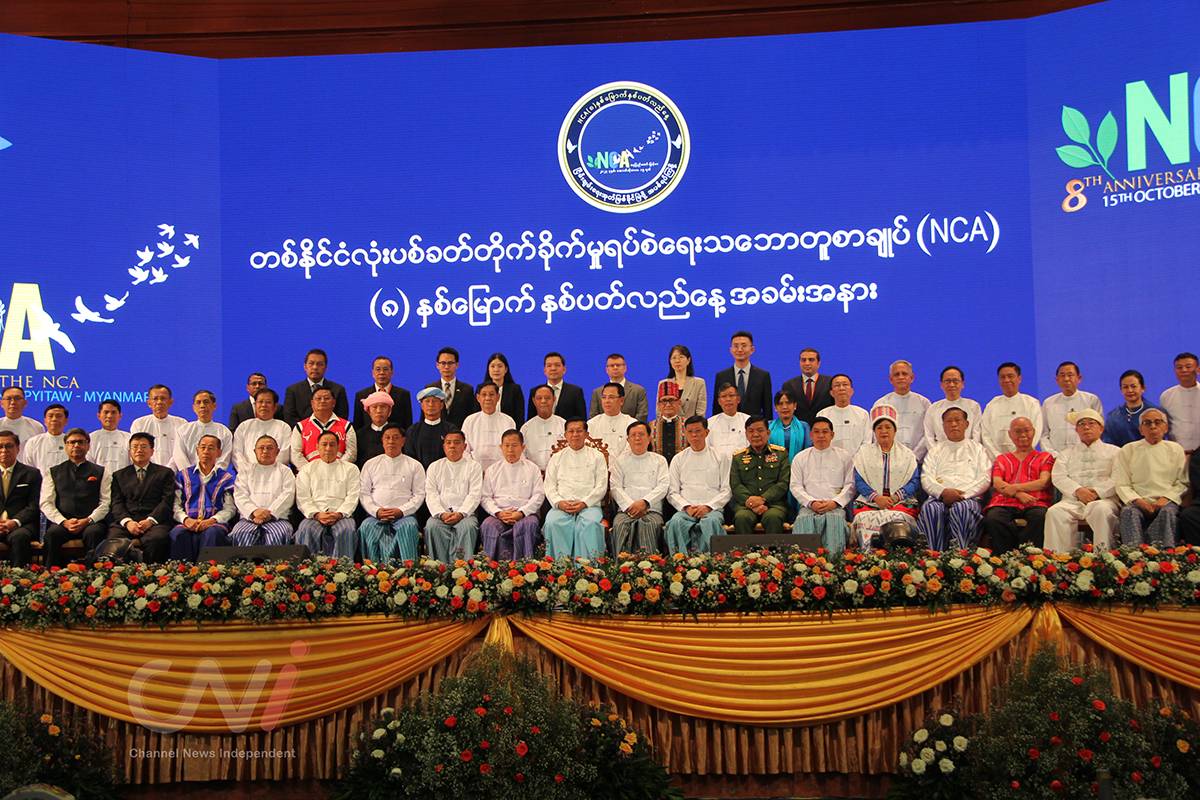CNI News
12 May 2025
the current situation in Myanmar, which is on the path to building a federal democracy, is a "form of armed federalism," and that the combination of armed forces and federalism is very dangerous, the People's Party (PP) Chairman U Ko Ko Gyi told CNI News.
He also said that there can be no federalism without democracy, and therefore, democracy and federalism need to go hand in hand.
“The words demanded by the ethnic groups in the Nationwide Ceasefire Agreement (NCA) are a union based on democracy and federalism, and then it is not a democratic federalism, but a federal democracy - they change the words back and forth. So the current situation is, in other words, it has become a Military Federal. To tell you the truth, if you can capture more territories, you can have it your own way in the territories. Democracy has disappeared kind of. In fact, there can be no federalism without democracy. So, if someone who can occupy territories without a federation does whatever they want, the essence of the federation will be destroyed. That is why democracy and federalism need to go hand in hand with equality. The current situation is that democracy has almost disappeared. So I see the situation where weapons and the federalism are intertwined as very dangerous." said U Ko Ko Gyi.

U Ko Ko Gyi and the SAC Chairman
Nine armed resistance groups, including the Karen National Union (KNU), Karenni National Progressive Party (KNPP), and Chin National Front (CNF), announced on September 19, 2024, that they had reached a four-point agreement to move from a state-strengthening approach to a union-strengthening approach to build a federal democratic union in the future.
These armed groups are engaged in fierce fighting with the Myanmar Tatmadaw and are attempting to overthrow the Myanmar Tatmadaw and the SAC.
The SAC Chairman Senior General Min Aung Hlaing said on September 10, 2023, that a regionally-based federal system is the most suitable for implementing democracy and federal governance.
Furthermore, the SAC chairman said that in the peace talks, ethnic armed groups are only demanding ethnic issues and are not demanding regional issues.
They should not be organizations that represent a group of people but rather organizations that represent the region. Ethnic armed groups are trying to gain their own territories and the Myanmar Tatmadaw will continue to wage war, said the SAC Chairman.

While seeing those who attended the 8th Anniversary Celebration of the NCA
U Sai Htay Aung, chairman of the Tai Leng (Shanni) Nationalities Development Party (TNDP), told CNI News that as long as there are armed groups, there can be neither federalism nor democracy; and then, the country will stay away from federalism.
“We should only keep armed groups within the framework of the law. As long as there are armed groups without rules, we cannot have federalism or democracy. In a federal system, states have the right to govern themselves, and then they will have the right to speak by connecting with the central government. You will have many of the powers of the state. "If armed groups are forcing to do this, then we'll be far from federalism. As long as they are armed, we will remain under a dictatorship." he said.
Federalism is a solution, so they need to work towards it. However, if they go beyond that, the union will collapse, and the impact could be problematic not only for domestic affairs but also for the entire Southeast Asia, military and political analysts have considered. In Myanmar, efforts are being made to build a federal and democratically based union.
Some ethnic armed groups are even expressing goals such as confederation and independence. In Myanmar, the United Wa State Army (UWSA) and the National Democratic Alliance Army (NDAA) have achieved a confederation status that goes beyond federalism through armed resistance.
Similarly, the Kokang National Democratic Alliance Army (MNDAA) has regained Special Region (1), which it lost in 2009, through armed resistance. Then, armed groups such as the TNLA, AA, KIA, and CNF are also trying to achieve their own system of governance through armed resistance.




